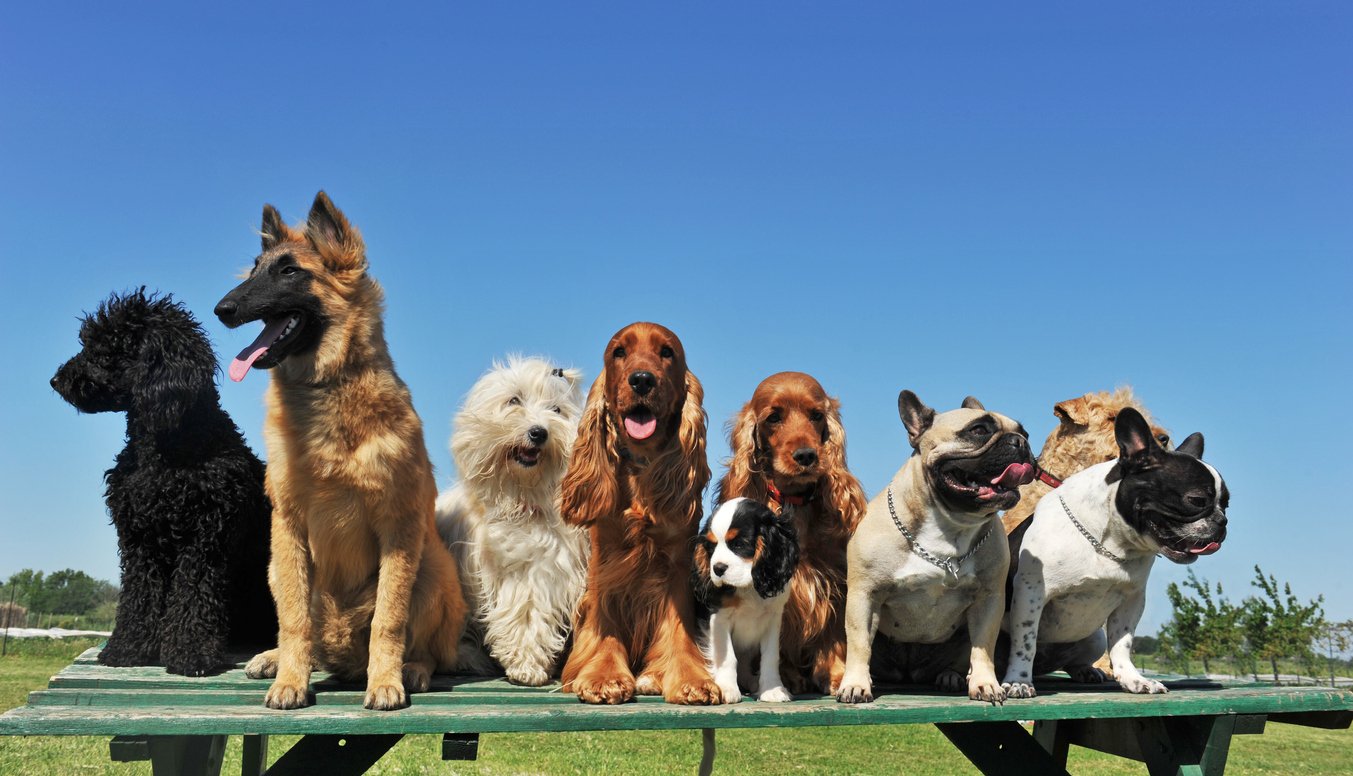Puppy teeth + chewing = household chaos (unless you do something about it).
Puppies are naturally curious and full of energy, and one of the ways they explore their world is through chewing. While chewing is a normal behavior, it can become problematic when your puppy starts gnawing on furniture, shoes, or other household items.
 If you have a puppy or are considering getting one, read on for our comprehensive guide to developing healthy chewing habits.
If you have a puppy or are considering getting one, read on for our comprehensive guide to developing healthy chewing habits.
Understand Why Puppies Chew
Chewing is a natural behavior for puppies, driven by several factors:
- Teething: Puppies begin teething around three to four months of age, which can cause discomfort. Chewing helps to alleviate the pain and pressure of growing teeth.
- Exploration: Puppies explore their world with their mouths. Chewing allows them to investigate new objects and learn about their environment.
- Boredom: A lack of mental and physical stimulation can lead to boredom, and puppies may turn to chewing as a way to entertain themselves.
- Attention-Seeking: If puppies learn that chewing on certain items gets them attention (even if it’s negative), they may continue the behavior.
Provide Appropriate Chew Toys
To prevent destructive chewing, it’s important to provide your puppy with appropriate chew toys. These toys satisfy their natural urge to chew and protect your belongings. Choose safe, durable toys specifically designed for puppies, such as rubber toys, teething rings, and nylon bones. Offering a variety of textures can keep your puppy engaged and less likely to seek out other objects to chew on. To maintain their interest, rotate the toys every few days so that they always have something new to explore.
Supervise and Puppy-Proof Your Home
 Supervising your puppy and puppy-proofing your home are crucial steps in preventing destructive chewing. Until your puppy learns what is appropriate to chew, keep a close eye on them, especially when they are exploring new spaces.
Supervising your puppy and puppy-proofing your home are crucial steps in preventing destructive chewing. Until your puppy learns what is appropriate to chew, keep a close eye on them, especially when they are exploring new spaces.
You can use baby gates or playpens to limit their access to certain areas of the house, particularly when you are unable to supervise them closely.
Removing potential temptations, such as shoes, clothing, and electrical wires, can also help prevent accidents. If you catch your puppy chewing on something they shouldn’t, calmly redirect them to an appropriate chew toy and praise them when they switch to the toy.
Provide Mental and Physical Stimulation
Puppies need plenty of physical exercise and mental stimulation to prevent boredom, which can lead to destructive chewing. Ensure your puppy gets enough playtime, training, and social interaction throughout the day.
- Daily Exercise: Engage your puppy in regular exercise sessions, such as walks, playtime in the yard, or games like fetch. This helps to burn off excess energy and reduces the likelihood of destructive behaviors.
- Interactive Toys: Puzzle toys and treat-dispensing toys can keep your puppy mentally stimulated and occupied for longer periods. These toys challenge their problem-solving skills and provide a rewarding experience.
- Training Sessions: Incorporate short training sessions into your daily routine. This not only helps to tire out your puppy mentally but also strengthens the bond between you and your pet.
Teach the "Leave It" Command
Teaching your puppy the "Leave it" command can be highly effective in preventing destructive chewing. This command helps your puppy learn to stop focusing on an object and move away from it. Start by practicing with low-value items and gradually increase the difficulty with higher-value objects as your puppy becomes more proficient. Consistent practice in different environments will reinforce the behavior, making it easier for your puppy to resist the temptation to chew on inappropriate items.
Check out this tutorial video from McCann Dog Training to get started:
Avoid Punishment
It’s important to avoid punishment when dealing with destructive chewing. Punishing your puppy can lead to fear or anxiety, which may exacerbate the behavior. Instead, focus on positive reinforcement and redirection. If you catch your puppy chewing on something they shouldn’t, remain calm and guide them to an appropriate chew toy. Always reward them with praise, treats, or extra playtime when they choose to chew on their toys instead of household items.
If your puppy’s chewing behavior persists despite your efforts, it may be helpful to consult a professional dog trainer or behaviorist. They can provide additional guidance and create a customized training plan to address the issue.
 While destructive chewing in puppies can be challenging, it is a behavior that can be managed with patience, consistency, and the right approach. It is your job as the pet parent to provide the right training and boundaries for your puppy to develop healthy chewing habits. Put in the work now, and set the foundation for a well-behaved adult dog.
While destructive chewing in puppies can be challenging, it is a behavior that can be managed with patience, consistency, and the right approach. It is your job as the pet parent to provide the right training and boundaries for your puppy to develop healthy chewing habits. Put in the work now, and set the foundation for a well-behaved adult dog.
Get a free trial with Revelation Pets to see how much easier managing your pet-care business can be.






